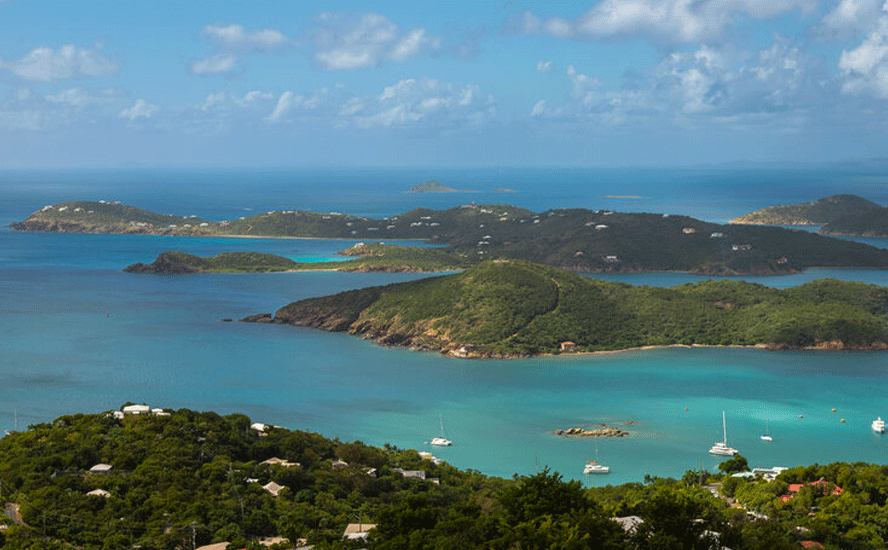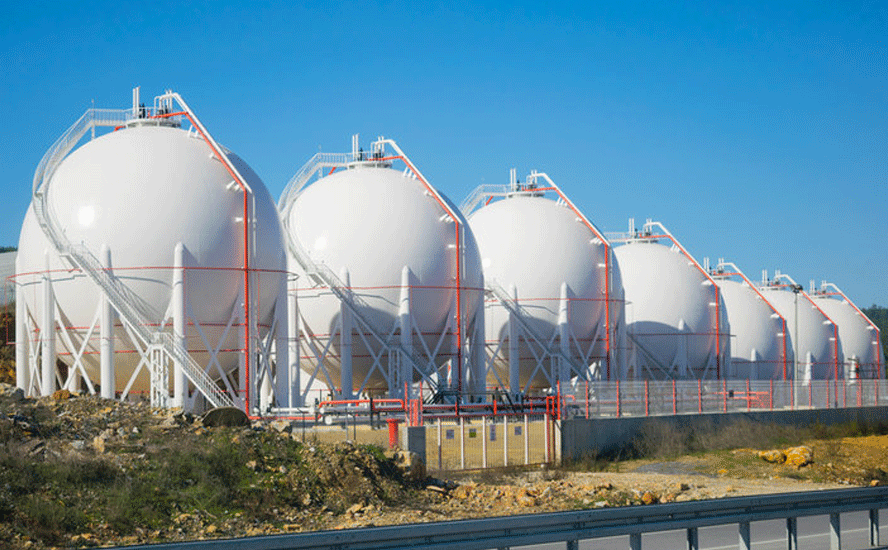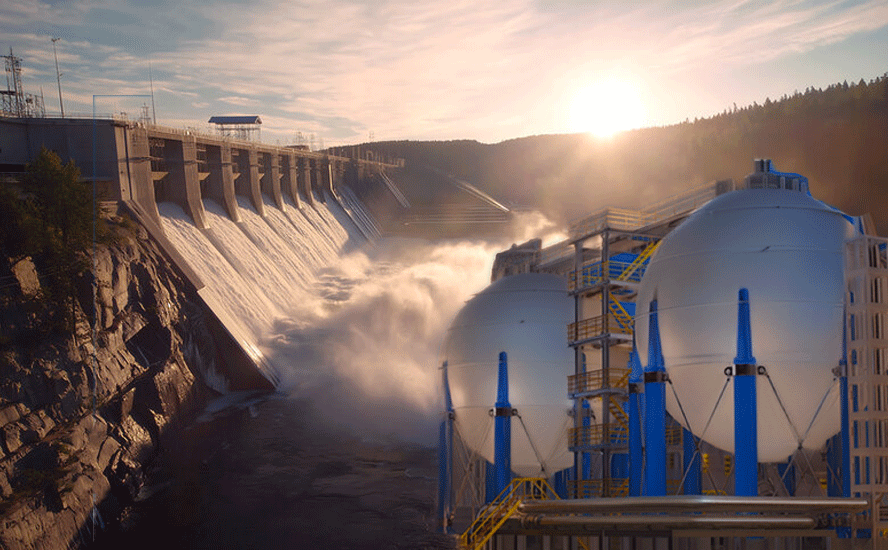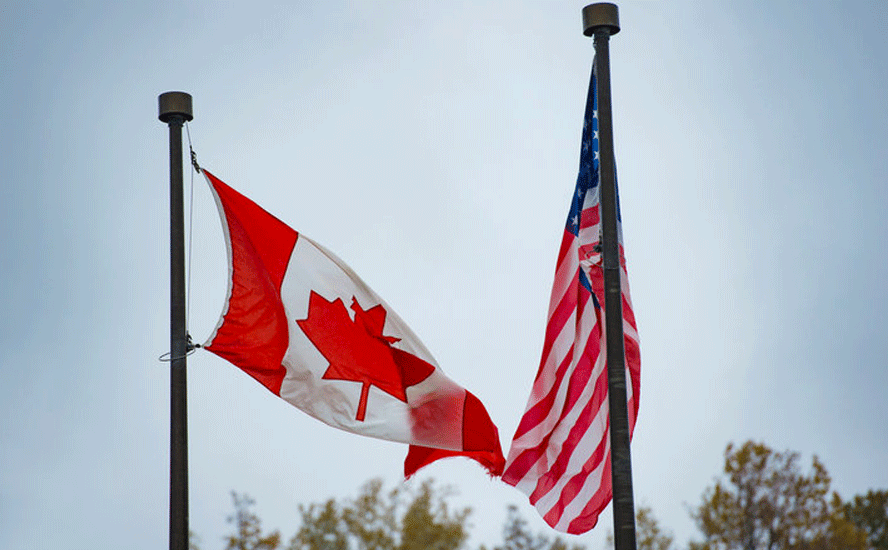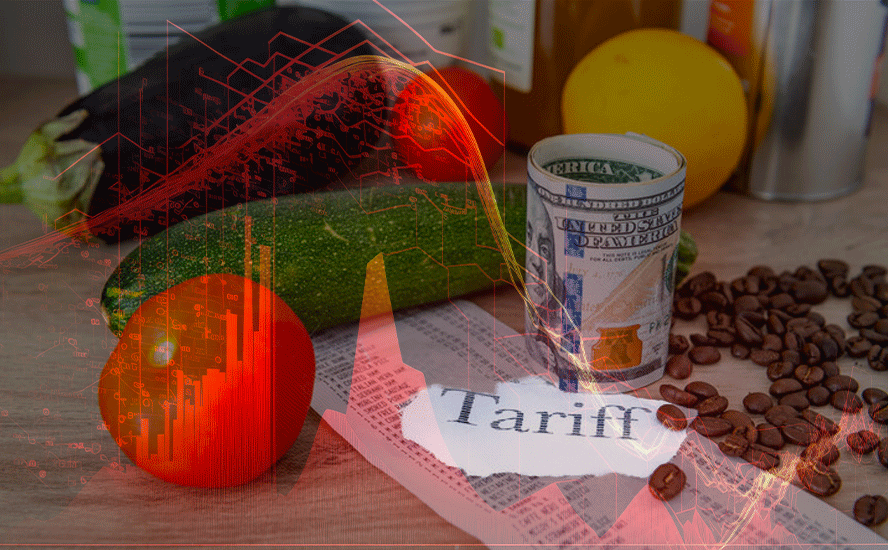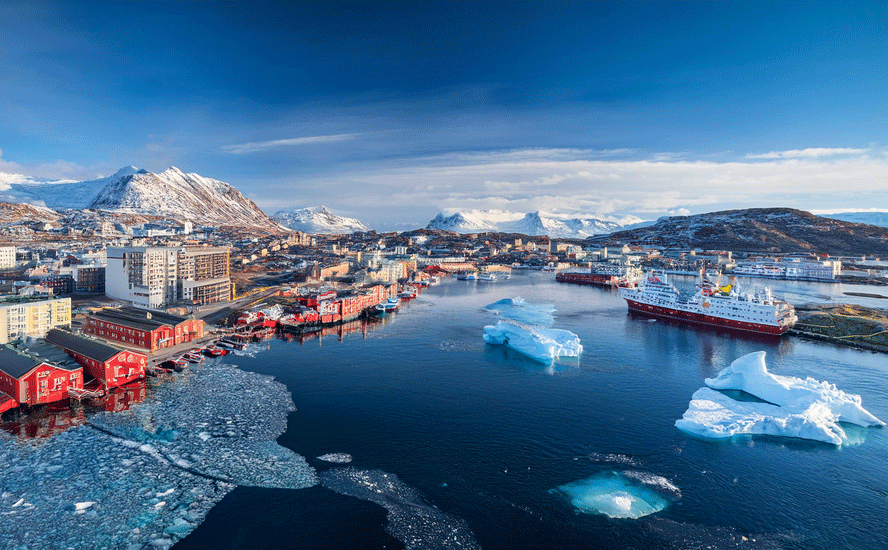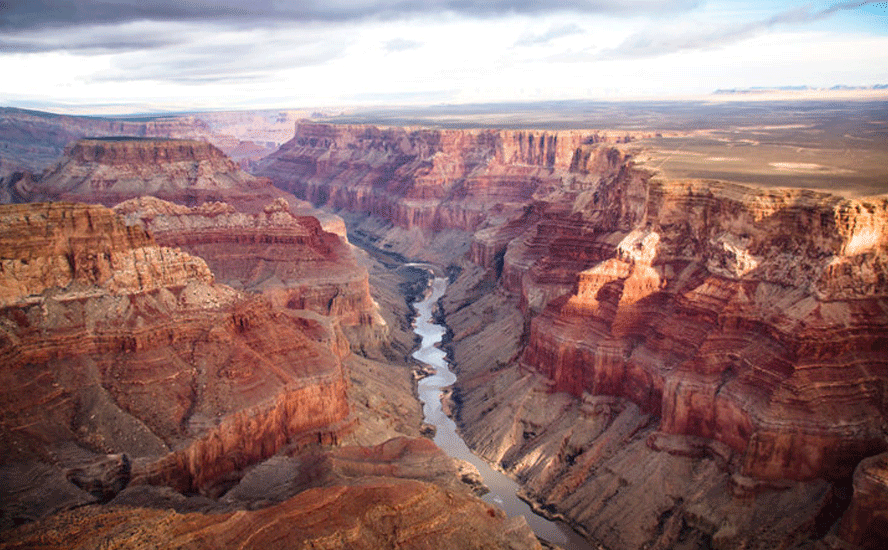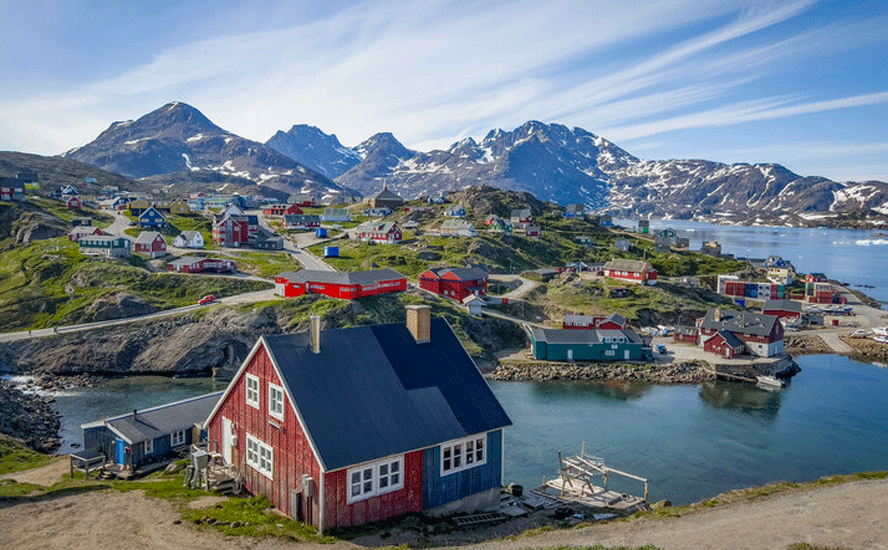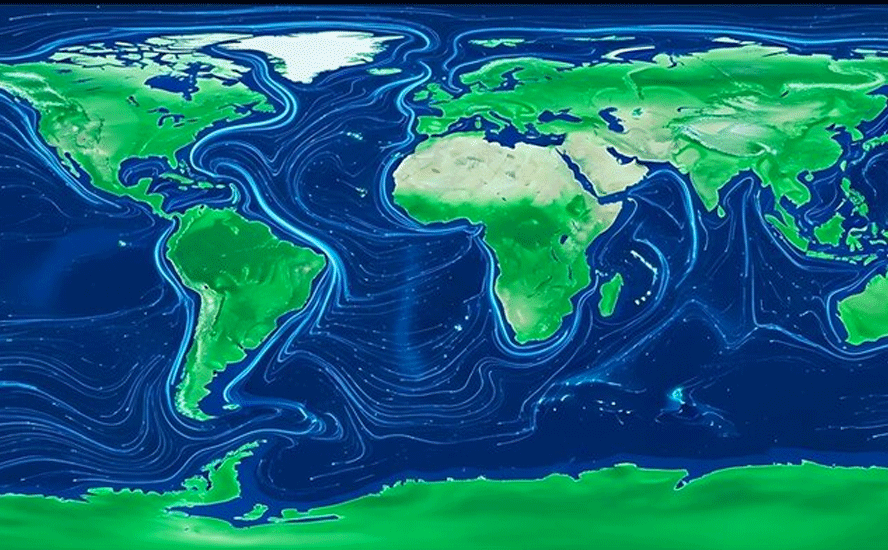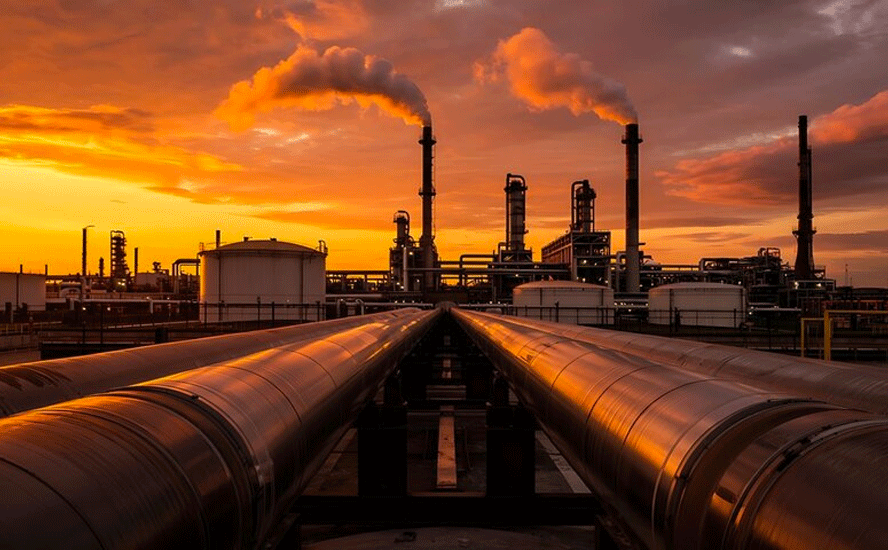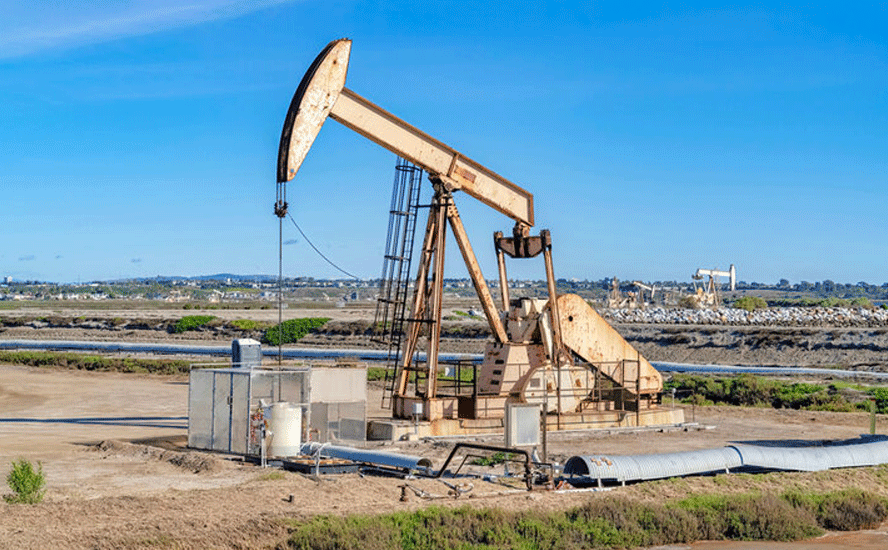Battle royale brewing in Alberta

2019.04.19
Do you think the Canadian provinces have a fractious relationship with the federal government under “sunny ways” Prime Minister Justin Trudeau? Well there’s a new party that just grabbed power in Alberta, looking to amp up the fight over the country’s oil and gas resources. And it ain’t gonna be pretty.

On Tuesday night Jason Kenney’s United Conservative Party won a decisive victory over the Alberta NDP, in what most people see as a return to the province’s natural governing party after four years of experimentation with the NDP.
The UCP bashed the NDP 63 seats to 24, and also captured a clear majority of the popular vote (54.8% versus 32.1%), which doesn’t often happen in our first-past-the-post system.
“Today our province has sent a message to Canada and the world,” a fired-up Kenney declared at UCP headquarters in Calgary. “Alberta is open for business.”
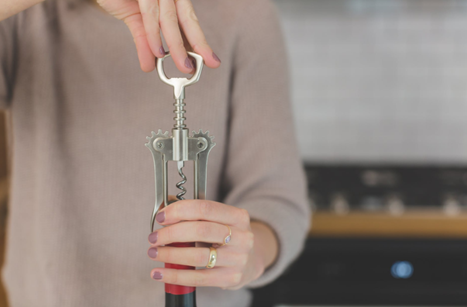
The former federal Cabinet minister under Harper’s Conservatives vowed to defend Alberta’s suffering oil and gas sector and said the world needs more Canadian energy.
“Today with this election, we begin to stand up for ourselves, for our jobs and for our future. Today we begin to fight back.”
Kenney became leader of the United Conservative Party in 2017, after the Wildrose Party, another right-leaning party, merged with the Kenney-led Progressive Conservative Party. The PCs were trounced in the 2015 election by the NDP, ending 44 years of unbroken PC rule in Alberta. The merger of the two right-wing parties was an attempt to “unite the right” to defeat the NDP government of Rachel Notley.
During the campaign Kenney lashed out at the NDP for mismanaging the Alberta economy in the aftermath of the 2014 oil price crash which hit the Alberta oil patch hard with thousands of job losses. He vowed to kill the 30% Alberta carbon tax if elected and restore fiscal conservatism to the province which has always been pro free-enterprise, by lowering taxes and cutting “red tape” regulations. His new government would focus on building pipelines, an endeavor Notley’s government failed to accomplish.
Kenney also promised to push back against anti-pipeline funding sources such as Tides Canada, backed by billionaire US philanthropists, and the federal government which refused to sanction Enbridge’s Northern Gateway pipeline project, and dragged its feet so much on Trans Canada’s Energy East that the company eventually gave up on the proposed pipeline between Alberta oilfields and Eastern Canadian refineries. Opposition to it in Quebec didn’t help either.
Canadian politics is usually pretty boring compared to the action down south, but things are about to get a whole lot more interesting with Kenney at the helm of Alberta’s oil tanker ship of state. This article explains the combatants and what’s at stake.
Jason vs Justin
Rachel Notley believed that talking with the federal government was the best way to achieve Alberta’s best interests. That meant prodding the prime minister to do more to ensure the Trans Mountain pipeline gets built, especially after Kinder Morgan gave up on the project amid environmental, BC politician and First Nations opposition, and the feds bought it for $4.5 billion.
Pipelines are seen as the key to unlocking the crisis that has gripped Alberta since 2014 when the oil price abruptly plunged, putting many Albertans on the dole. They would relieve the glut of Canadian oilsands crude that is keeping the price suppressed.

Trudeau unsurprisingly talks a good game but has done nothing to help Alberta. Nearly a year after the government’s purchase of Trans Mountain, there are no shovels in the ground. A promised law asserting Ottawa’s constitutional authority over pipeline construction came to nought.
Meanwhile Trudeau slapped an oil tanker ban in northern BC – the closest coast to tidewater – and embraced LNG in British Columbia – even giving $275 million to the LNG Canada consortium that is building the $40-billion liquefied natural gas compressor plant and pipeline to move gas between northeastern BC and Kitimat.
Kenney’s UCP is going to be a lot more demanding of Trudeau’s Liberals – the election of which is probably the worst thing that could have happened to Justin Trudeau, coming straight after SNC Lavalin, in an election year. Alberta has just become the third major province in Canada, within the past year, to elect a conservative government that opposes Trudeau’s liberal vision for the country.
The first battle will likely be over the carbon tax. Trudeau showed his boxing prowess against a Conservative senator. His fighting spirit will definitely be tested against Kenney.
Presuming Kenney follows through and scraps the $30 a tonne carbon tax, Trudeau will try to force a federal carbon tax on Alberta, just like he is doing with Saskatchewan, Manitoba, Ontario and New Brunswick.

This seems like a punishment to Alberta but it will actually turn out as a win. The federal tax is $20 a tonne, meaning Albertans will save $10/t. Jason 1, Justin nil.
Kenney has said he will take Ottawa to court if Trudeau tries to impose a federal carbon tax on Alberta.
Speaking of taxes, the UCP campaign platform promises to cut the amount of federal income tax charged to Albertans, and to reform the EI system to help Albertans who lost their jobs during the oil market downturn. More provocatively, the UCP is promising a 2021 referendum on equalization payments, thereby putting it in the hands of Alberta voters to decide whether or not the so-called “have” provinces should give money to “have-not” provinces.
A win would give the Alberta government a bargaining chip to use when pressing Ottawa for more pipelines.
Finally, Kenney said he’ll challenge Bill C-69, the federal legislation that would change, and not in a good way for industry, how energy and mining projects are reviewed.
Bill C-69 has been passed by the House of Commons and is currently under review by the Senate. If promulgated into law, the old Environmental Assessment Act would be turfed and the new one called the Impact Assessment Act.
In summary, Bill C-69 broadens the scope of the assessment process and adds more consultation with the public and particularly indigenous groups.
Read more at How the road to a mining ‘yes’ is littered with obstacles in Canada
CBC quotes McGill University political scientist Daniel Béland saying he expects a lot more friction and confrontation now, between Edmonton and Ottawa:
“Jason Kenney has a much more controversial relationship to intergovernmental relations,” said Béland. “He’s very forceful and adversarial to the Trudeau government.”
As Canadians, we’re used to this kind of thing. Premiers vs prime ministers is almost as good as Hockey Night in Canada. Remember Peter Lougheed locking horns with Pierre Trudeau? Even better, chain-smoking Quebec separatist Rene Levesque reeling off a litany of insults against his federalist arch-nemesis?
Doug Ford and the fabulous 4
In this respect, Jason Kenney has allies. Since the Trudeau Liberals were elected in 2015 the political landscape has shifted. We now have conservative governments in Saskatchewan, Manitoba, Ontario and New Brunswick.
What all of these governments have in common is a disdain for the federal carbon tax. When Trudeau and his Cabinet first conceived of the carbon tax, they saw that some provinces, like BC and Quebec, already had such a tax. The plan was to give the other provinces a couple of years to implement their own. Those that didn’t, would have a 20% federal carbon tax imposed on them.
The four provinces above balked and vowed to take Ottawa to court over its right to impose such a tax. Ontario is currently before the Ontario Court of Appeal challenging the constitutionality of the federal plan.
Its bombastic Premier Doug Ford, brother of the late former Toronto mayor, Rob Ford, was obviously thrilled to see Kenney win power in Alberta.
“Ontario has another strong partner that will fight for Canadian families against the job-killing federal carbon tax!” he said Tuesday night, followed on Wednesday by this remark in the Ontario legislature:
“What a great ally to join the anti-carbon alliance. I’ll tell you, he’s going to be there, shoulder to shoulder, for everyone in the country. We see just a blue wave going across this country from west to east.”
Kenney’s Conservatives
Other than wanting to pick fights with Ottawa, what else does the UCP stand for?
Before the election, the UCP reached out to a surprisingly large segment of the Alberta population who would prefer to stick it to Ottawa for good. This is good ol’ Western separatism, coming back to haunt Alberta.
The party put out a press release referencing a poll finding that “a shocking 50 per cent of Albertans surveyed said they support secession from Canada.”
Global News quotes Kenney in the same news release saying that “most Albertans are proud Canadians, but they will no longer tolerate the rest the country benefiting from the province’s resources while trying to hold back its economy.”
Those old enough to remember will recall hearing a similar storyline coming from the likes of former Alberta Premier Lougheed and Reform Party founder Preston Manning. Both leaders had a beef with the central government imposing its will on the provinces, particularly Alberta, the center of the country’s oil wealth. Pierre Trudeau’s National Energy Plan was one of the most egregious pieces of legislation from an Alberta point of view. It helped sow the seeds of western separatism.
The Reform Party first started as a Western Canada-based protest movement against the Progressive Conservative government led by then-PM Brian Mulroney. Grounded in social conservatism, Reform would go on to supplant the PCs as the largest party in Western Canada after the 1993 election, before being succeeded by the Canadian Alliance in 2000. That party joined forces with the Progressive Conservative Party in 2003, becoming the current Conservative Party of Canada.
Could the Kenney-led UCP lead Alberta out of confederation? It’s unlikely. This National Post article explains why separating from Canada would be a very bad idea for Alberta.
Closer to reality, clearly the party will do everything it can to put the oil industry back in the driver seat.
In his victory speech Tuesday night Kenney said he would attack “foreign-funded special interests” which he accused of leading “a campaign of economic sabotage” against Alberta, CBC reported on the premier-in waiting.
He would also create a $30-million “war-room” to counter anti-oil industry campaigns, and investigate their sources of funding.
“Your days of pushing around Albertans with impunity just ended. We Albertans are patient and we’re fair-minded, but we’ve had enough of your campaign of defamation and double standards,” Kenney told cheering supporters.
At Ahead of the Herd we know all about the money that is flowing from large US philanthropic organizations and channelled through a myriad of smaller groups, ending up in the hands of Canadian environmental organizations that claim to represent the people holding the anti-pipeline placards.
For more read our Follow the big money behind Canadian pipeline protests
The oil patch
Rachel Notley’s NDP faced a big challenge when it arrived on the scene in 2015, just after oil prices fell off a cliff. On the one hand the NDP had to appeal to its green wing by doing something to curb the growth of oilsands emissions, while on the other hand needing to support the oil industry which had just been dealt the equivalent of a heavy punch to the stomach.
The government’s solution was to impose a 30% carbon tax directed mostly at energy companies, and to support Kinder Morgan’s Trans Mountain pipeline expansion project. The latter showed synergy with the federal government which, in a similar balancing act, dropped the Northern Gateway pipeline and introduced a national carbon tax – thus appealing to left-wingers and moderates – and as a quid pro quo, offered its support for Kinder Morgan’s Trans Mountain, aka TMX.
Neither went very well for the NDP. The carbon tax has cost oil companies operating in Alberta $400 million a year since 2017, at a time when they could least afford it. Crude prices have come up, but not before Canadian firms were forced to curb spending and slash workforces. Foreign energy companies including Shell and Marathon Oil pulled out of the oilsands in favor of lower-cost jurisdictions.
As BNN Bloomberg notes, Kenney is counting on a pipeline to revive the beleaguered sector, which accounts for 10% of Canada’s economy and 20% of its exports, in a province that produces 80% of the country’s oil. Its 3.7 million barrels a day is around the same output as the United Arab Emirates.

Kenney’s UCP will also roll back the carbon tax, putting C$1.4 billion into the pockets of industry and consumers. Instead, the party’s idea is to require large emitters to reduce carbon intensity by 10%, by credits from other facilities, or pay into a fund for developing emissions-reducing technologies, BNN Bloomberg reported.
He’s threatened to not do business with banks that boycott energy projects and would “turn off the taps” to provinces that fight pipeline construction. The latter obviously targets BC, where the NDP government under Premier John Horgan tried, and succeeded, in putting the kibosh on the Trans Mountain pipeline.
From an industry perspective, it’s hard not to like Kenney and his pro-oil party.
But if his government follows through on everything they say they are going to do, in dismantling the NDP’s four-year legacy, they and their energy industry friends will face pushback, for sure.
Environmental groups
The silent victim from pro-oil policies pursued by the Kenney government will be the environment. The Narwhal presents a good summary of what four years of a Conservative government in Alberta could mean.
Approvals of energy projects are expected to be accelerated and the UCP took a page out of Trump’s book by proposing a “one in one out” rule ie. for every new regulation that is created, another should be eliminated. Red tape will be especially cut at the Alberta Energy Regulator.
Alberta’s former NDP government committed to 30% of electricity from renewable sources by 2030. No such promise was made by the UCP. Its carbon-reduction plan will go towards “Alberta-based technologies that reduce carbon emissions” that is expected to focus on carbon capture and new oilsands extraction technology.
A 100-megatonnes cap on total oilsands emissions, from the current 70 megatonnes, is expected to be scrapped.
According to The Narwhal, which obtained documentation through an FOI (freedom of information) request, the Alberta Energy Regulator is predicting that the number of inactive wells in the province will double in the next 10 years – meaning 180,000 wells by 2030 compared to 30,000 in 1999. The wells should either be plugged or cleaned; Narwhal reports the cost of cleaning them has been pegged at $100 billion.
First Nations
And last but not least on the list of groups that will want to lay the boots to Kenney and the UCP, if they follow through on pro-oil industry promises, is First Nations.
Alberta’s Athabasca Chipewyan is one of several indigenous groups that have intervenor status at the above-mentioned court case being heard at the Ontario Court of Appeal.
A lawyer representing the Athabasca Chipewyan told the court on Wednesday that the nation’s way of life will be adversely affected by climate change.
“You destroy the ecology, you destroy the way of living of Aboriginal people, and you destroy them as a culture,” said Ottawa lawyer Amir Attaran, as reported by CBC. “To them, climate change is an existential threat.”
Attaran said the federal government needs to tackle climate change in order to protect Canada’s indigenous peoples from unchecked global warming. He noted that temperatures in the far north are predicted by scientists to rise seven degrees in one generation.
Attaran also told the court that Ottawa’s carbon tax “helps defend First Nations’ constitutional rights to hunt and fish on which their very survival depends,” CBC wrote.
Conclusion
The next few months are going to be very interesting in Alberta. If you thought the SNC Lavalin affair was the best thing since Rob Ford, you ain’t seen nuthin’ yet. I can’t wait for the fists to fly between Jason Kenney and Justin Trudeau, metaphorically speaking. And all the other groups that Kenney is likely to infuriate over the next four years as the Alberta NDP’s legacy is destroyed.
So pick a good seat and enjoy this battle royale – it’s bound to be entertaining.
Richard (Rick) Mills
Ahead of the Herd Twitter
Ahead of the Herd FaceBook
Legal Notice / Disclaimer
This document is not and should not be construed as an offer to sell or the solicitation of an offer to purchase or subscribe for any investment. Richard Mills has based this document on information obtained from sources he believes to be reliable but which has not been independently verified. Richard Mills makes no guarantee, representation or warranty and accepts no responsibility or liability as
to its accuracy or completeness. Expressions of opinion are those of Richard Mills only and are subject to change without notice. Richard Mills assumes no warranty, liability or guarantee for the current relevance, correctness or completeness of any information provided within this Report and will not be held liable for the consequence of reliance upon any opinion or statement contained herein or any omission. Furthermore, I, Richard Mills, assume no liability for any direct or indirect loss or damage or, in particular, for lost profit, which you may incur as a result of the use and existence of the information provided within this Report.
Legal Notice / Disclaimer
Ahead of the Herd newsletter, aheadoftheherd.com, hereafter known as AOTH.Please read the entire Disclaimer carefully before you use this website or read the newsletter. If you do not agree to all the AOTH/Richard Mills Disclaimer, do not access/read this website/newsletter/article, or any of its pages. By reading/using this AOTH/Richard Mills website/newsletter/article, and whether you actually read this Disclaimer, you are deemed to have accepted it.


